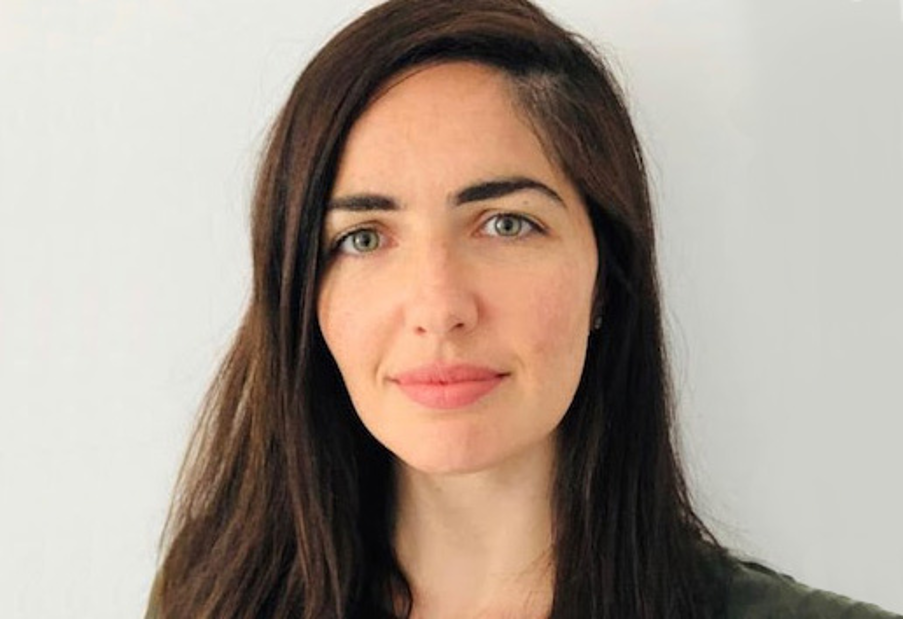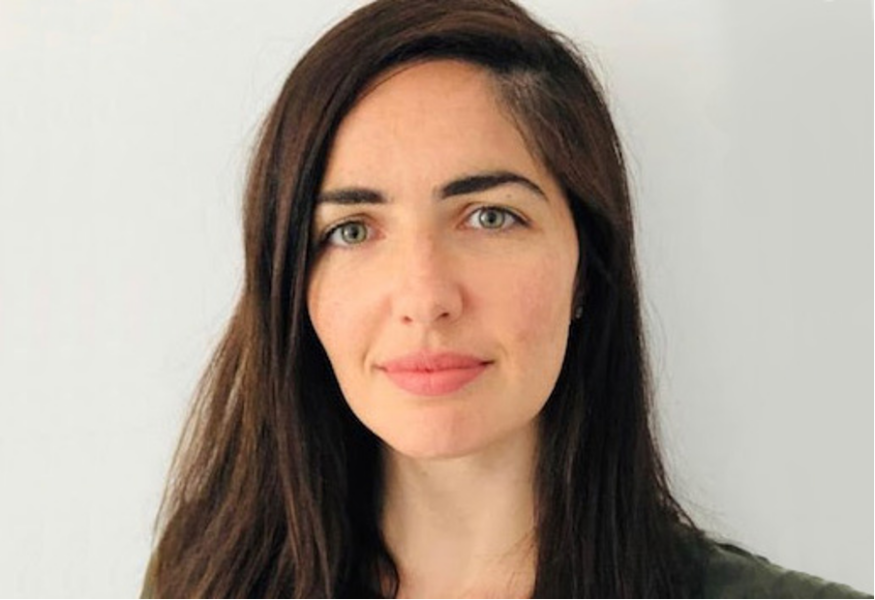

Developing scientific excellence is among the centre pieces in EDCTP’s work jigsaw. In this article, we look at how EDCTP has worked to ensure that all individuals, institutions and countries have the opportunity to aspire for their full scientific and career potential, focusing specifically on Portuguese-speaking African countries (or PALOP*).
Involvement of Portuguese-speaking countries in EDCTP-supported activities
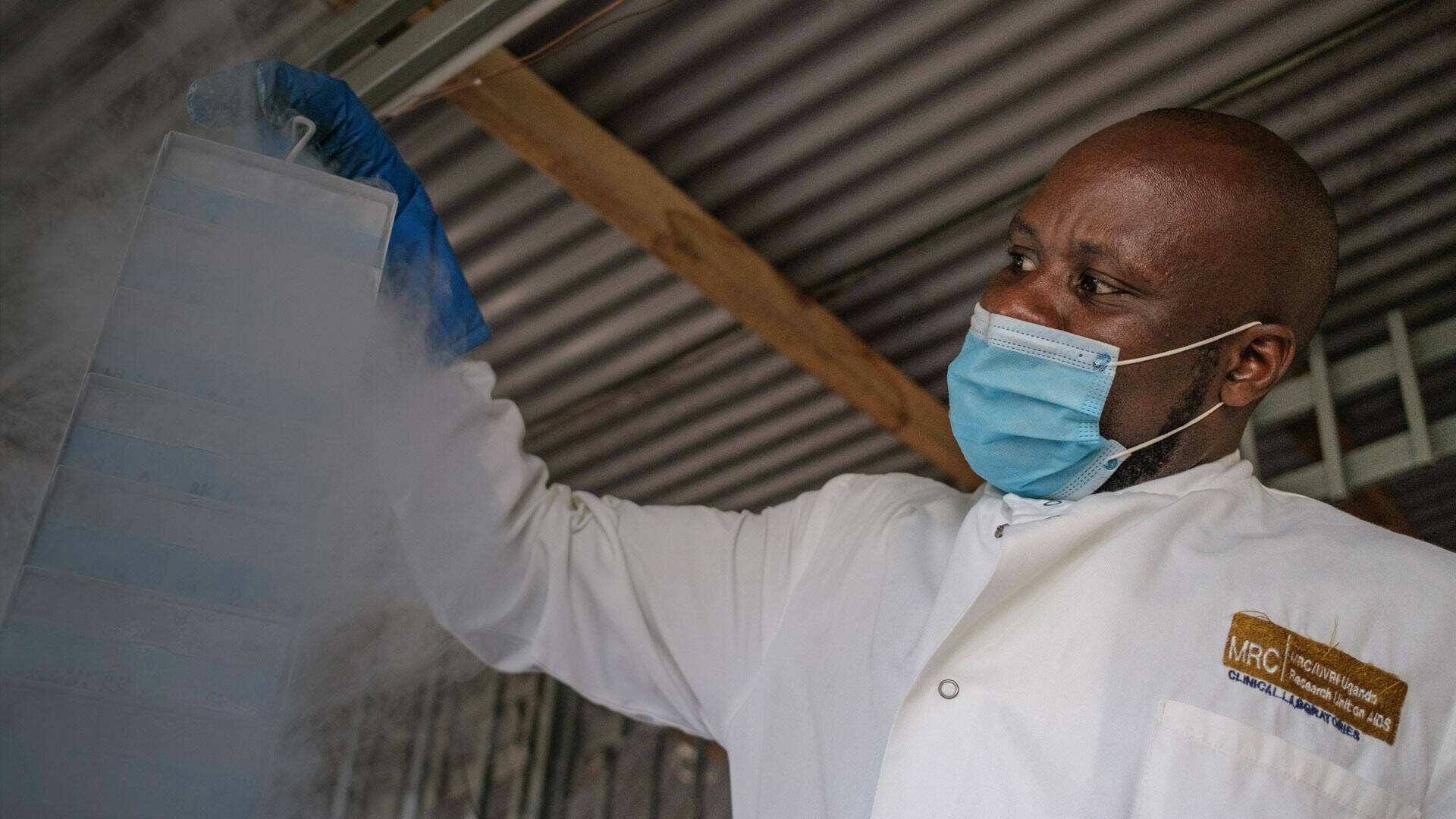
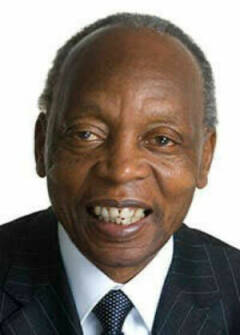
Dr Pascoal Mocumbi
EDCTP’s first High Representative (2004 – 2014)
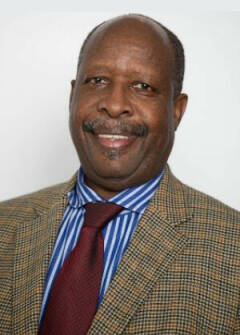
Dr Leonardo Santos Simão
EDCTP High Representative for Africa (2016 – present)
Advocating for PALOP involvement
We asked Director of the Gulbenkian Partnerships for the Development programme Maria Hermínia Cabral about Calouste Gulbenkian Foundation’s strategy towards strengthening health research in PALOP and her vision on the role (inter)national funders can play.
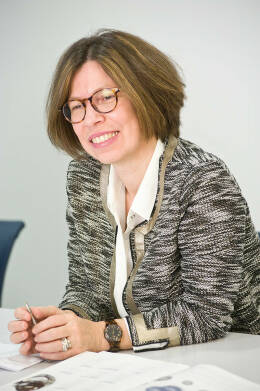
Interview:
Maria Hermínia Cabral
Partnerships for PALOP involvement
EDCTP is committed to working with like-minded partners, to promote wider use of the opportunities established for collaborative research. This is operationalised through multi-centre clinical trials and training programmes to countries supporting each other through EDCTP’s Regional Networks of Excellence. In addition, EDCTP has forged partnerships with organisations that promote equity in research for health.
One of those partnerships is with the Gulbenkian Foundation, whose main purpose is to improve the quality of life through art, charity, science and education. The Foundation directs its activities from its headquarters in Lisbon and its delegations in Paris and London, with support provided by Portugal in PALOP among others. Through their Memorandum of Understanding, EDCTP and the Gulbenkian Foundation expressed their commitment to jointly support the development of capacities in sub-Saharan Africa for the conduct of clinical trials in humans and, more specifically, the ethical review and regulatory capacities in PALOP. The Foundation has co-funded Career Development Fellowships, Senior Fellowships and EDCTP-AREF Preparatory Fellowships. The Foundation recently released the report “Mapping of Health Sciences Research and Funding in Angola, Cape Verde, Guinea-Bissau, Mozambique and Sao Tome and Principe”.
EDCTP Forums in Lisbon and Maputo
The Tenth EDCTP Forum in Maputo, Mozambique took place during the COVID-19 pandemic and was therefore held as a hybrid meeting hosted from the Joaquim Chissano International Conference Centre from 17 – 21 October 2021. The theme was “Equity in research for health”. Around 50 delegates were present in Maputo and over 2000 delegates registered for attendance online. The Forum was co-organised by host partners: the Ministry of Health of Mozambique, through the National Institute of Health and the Manhiça Health Research Centre, and it was opened by His Excellency Mr Filipe Jacinto Nyusi, President of the Republic of Mozambique.
The Ninth EDCTP Forum in Lisbon, Portugal from 17-21 September 2018 was organised in partnership with the Portuguese Foundation for Science and Technology and the Calouste Gulbenkian Foundation. The theme of the 2018 Forum was “Clinical research and sustainable development in sub-Saharan Africa: the impact of North-South partnerships”. The Forum built on a growing awareness of the need for global cooperation to tackle global health challenges, such as preparedness for disease outbreaks, public health emergencies, strengthening health systems, and co-infections and comorbidities. Portugal, where a growing number of African students are studying, believes that all sectors of society should participate in the gathering of knowledge and share in its benefits. An increased role for the private sector and a continued focus on ethical issues were also seen as crucial in tackling global health challenges.
To further strengthen PALOP involvement in its programme, EDCTP has organised two of its Forums in Portuguese speaking countries: in Lisbon, Portugal (2018) and Maputo, Mozambique (2021).
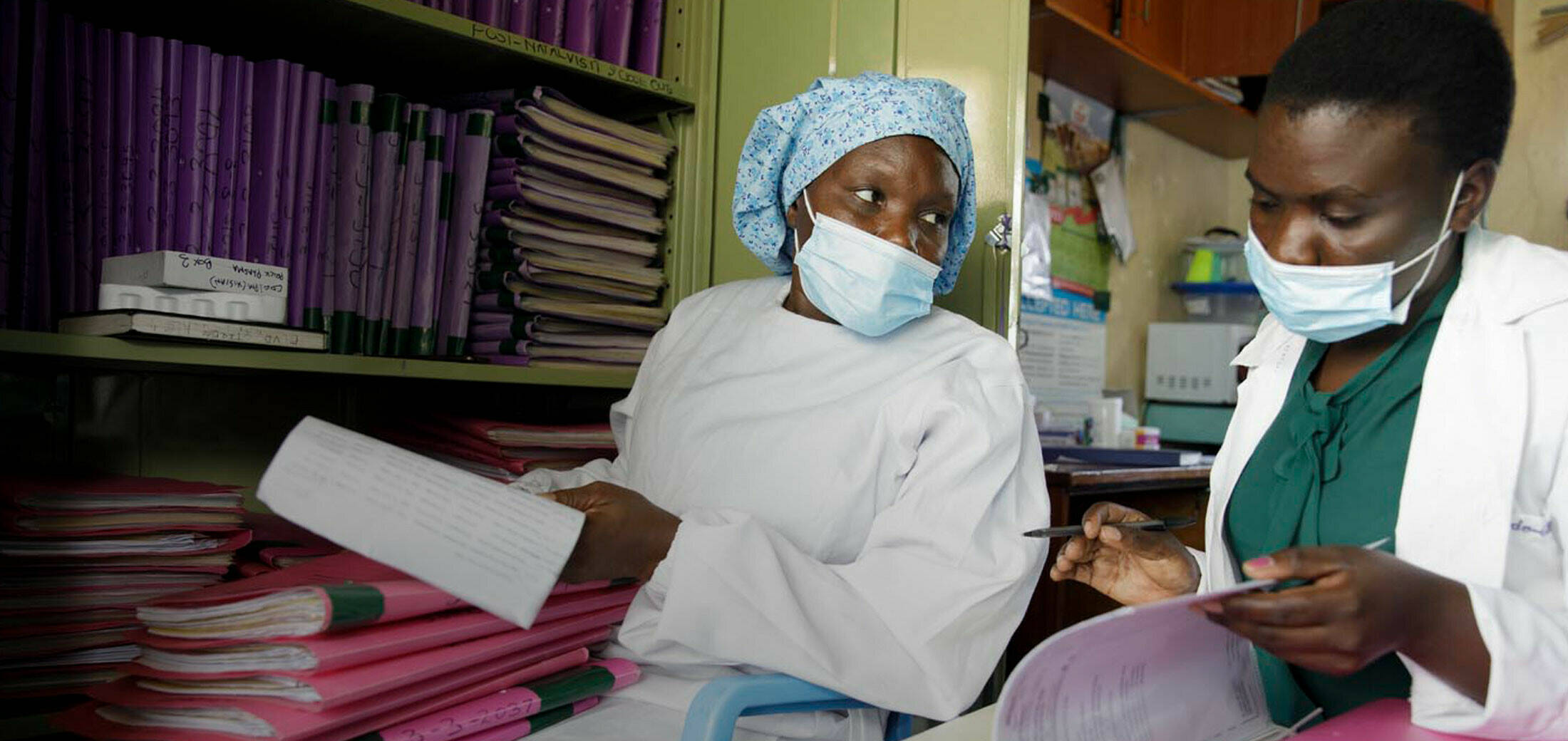
São Tomé and Príncipe
Guinea-Bissau
Cabo Verde
Angola
Mozambique
Case study
FETP-CV: field epidemiology training at the University of Cabo Verde
Another activity that is strengthening PALOP health systems is training. Each EDCTP-funded clinical trial funded through the Research and Innovation Action (RIA) funding scheme includes a training component, and training is provided through Coordination & Support Action (CSA) and Training & Mobility Action (TMA) grant schemes. An important recent development is the start of a large epidemiology training consortium in PALOP through EDCTP and Africa CDC’s joint flagship programme to train 151 epidemiologists and biostatisticians across Africa. The Master in Field Epidemiology Training for Portuguese-speaking West African Countries (FETP-CV) consortium has set up a Master’s training programme at the University of Cape Verde, and has enrolled 15 candidates from PALOP (box).
2014-October 2022
PALOP countries collaboration in EDCTP activities
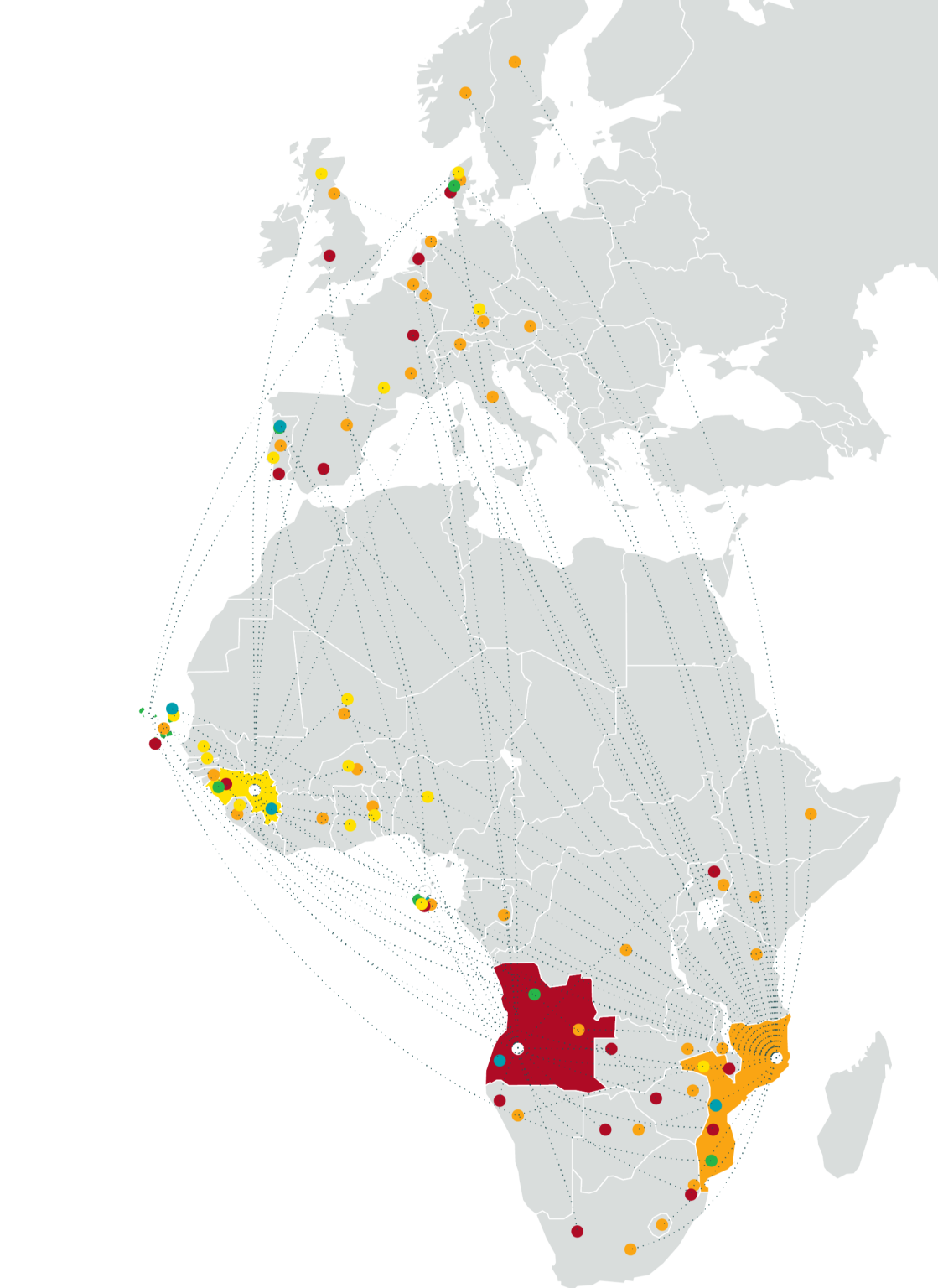
Importantly, PALOP are represented in projects that aim at health system strengthening, such as BERC-Luso, building ethical review and clinical research regulatory capacity in five Portuguese-speaking countries (Angola, Cabo Verde, Guinea Bissau, Mozambique and São Tomé and Príncipe), and the LusoAfro-BioEthics project that is supporting the collaborative development of national ethics review capabilities in three Portuguese-speaking countries (Angola, Cabo Verde and Mozambique).
Case study
BERC-Luso: Biomedical Ethics and Regulatory Capacity Building Partnership for Portuguese-Speaking African Countries
PALOP involvement in EDCTP funding
In recent years, both the amount of participation and the number of coordinators from PALOP has grown. In total, 41 EDCTP grants have PALOP involvement, and 13 of those grants are led by participants from PALOP. Whereas Mozambique has had the strongest representation throughout the EDCTP 1 and 2 programmes, other PALOP involvement is gradually growing. The countries also increasingly benefit from joint projects, where countries with stronger capacities help build those capacities elsewhere.
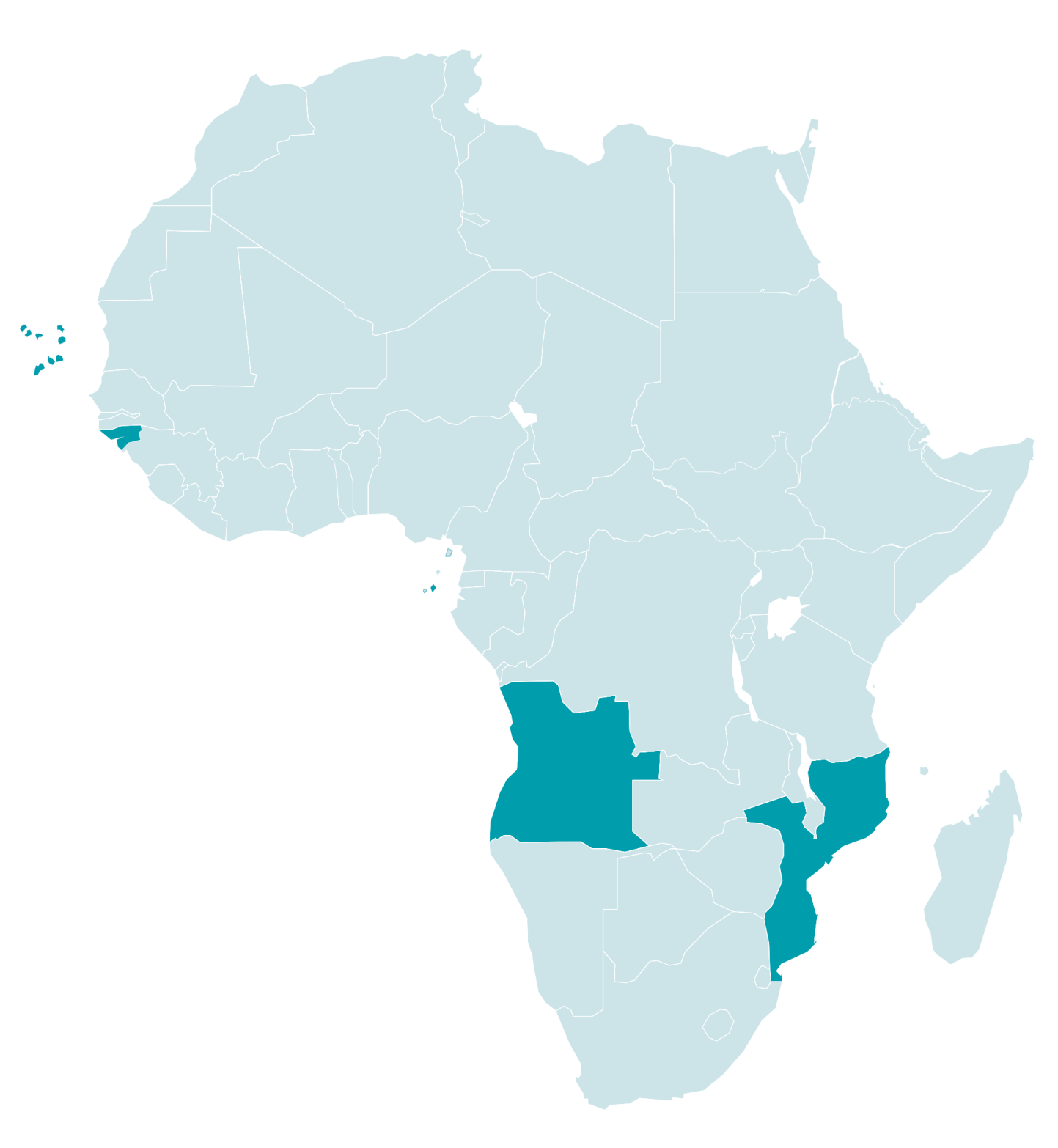
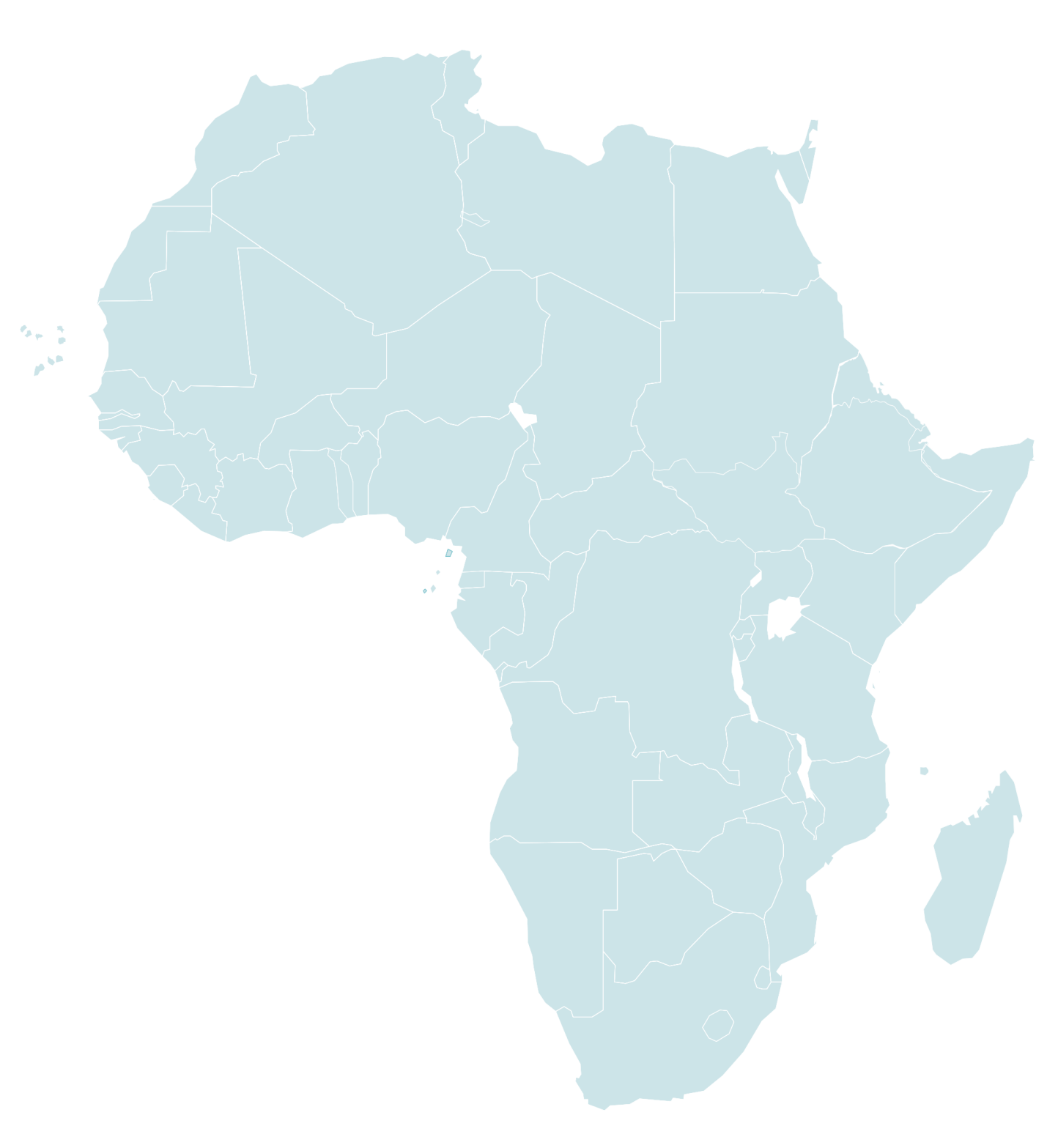
We asked Professor Paulo Ferrinho, Director of the Global Public Health Department at the Institute of Hygiene and Tropical Medicine (Universidade NOVA, Lisbon, Portugal) and EDCTP SAC member, how the SAC has worked to increase PALOP participation in EDCTP activities and their current and expected impact.
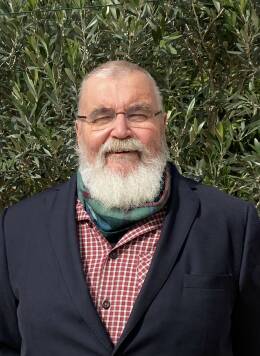
Interview:
Prof. Paulo Ferrinho
In 2020, EDCTP published the report of a workshop, jointly organised with the Africa Centres for Disease Control and Prevention (Africa CDC), which explored the major causes of gender-related and geographical disparities in EDCTP funding. This diverse consultative meeting delivered several recommendations on ways to improve gender and geographical balance. Tangible steps in the implementation of these recommendations have already been taken and more are in the works. Examples of these include practical support for French-speaking and Portuguese-speaking researchers through several grant-writing workshops, and the launch of a joint EDCTP and UK Department of Health and Social Care (DHSC) call for proposals on Addressing gender and diversity gaps in clinical research capacity at the EDCTP Regional Networks of Excellence. Already 36 female PhD students linked to the four EDCTP Regional Networks of Excellence are currently supported, including Portuguese-speaking students.
The EDCTP Scientific Advisory Committee (SAC) agenda includes discussions about countries in conflict, countries with inadequate regulation of research, language barriers, and the advantage that countries successful in the past now have.
EDCTP has made major contributions to the health research base in sub-Saharan Africa. However, an analysis of funding from the EDCTP 1 and the early part of EDCTP2 programmes showed wide variation between countries in the numbers of applications and success rates. Consequently, EDCTP has taken several steps to understand and address gender, regional and language disparities.
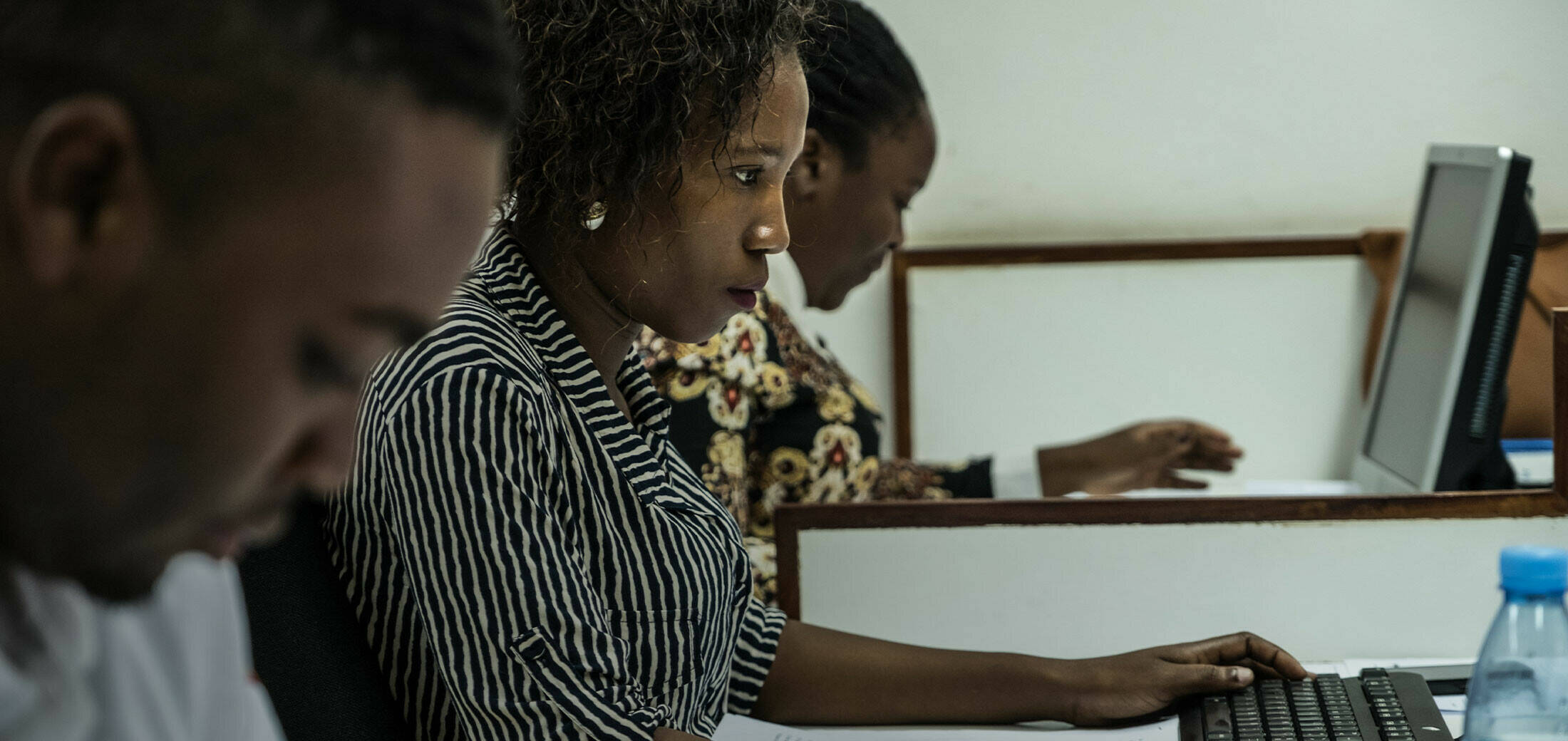
*Portuguese-speaking African countries (Portuguese: Países Africanos de Língua Oficial Portuguesa; PALOP)
Angola, Cabo Verde, Equatorial Guinea, Guinea Bissau, Mozambique and São Tomé and Príncipe.
Developing scientific excellence is among the centre pieces in EDCTP’s work jigsaw. Competitive calls for proposals and peer review are well-established tools for assuring scientific excellence, and core to EDCTP’s processes. However, countries with less well-developed health research systems struggle to compete with countries with institutions with a long history of health research and well-established centres of excellence. This negative effect may be amplified by language barriers. In this article, we look at how EDCTP has worked to ensure that all individuals, institutions and countries have the opportunity to aspire for their full scientific and career potential, focusing specifically on Portuguese-speaking African countries (or PALOP*)
scroll down
Developing scientific excellence is among the centre pieces in EDCTP’s work jigsaw. In this article, we look at how EDCTP has worked to ensure that all individuals, institutions and countries have the opportunity to aspire for their full scientific and career potential, focusing specifically on Portuguese-speaking African countries (or PALOP*).
scroll down
Involvement of Portuguese-speaking countries in EDCTP-supported activities
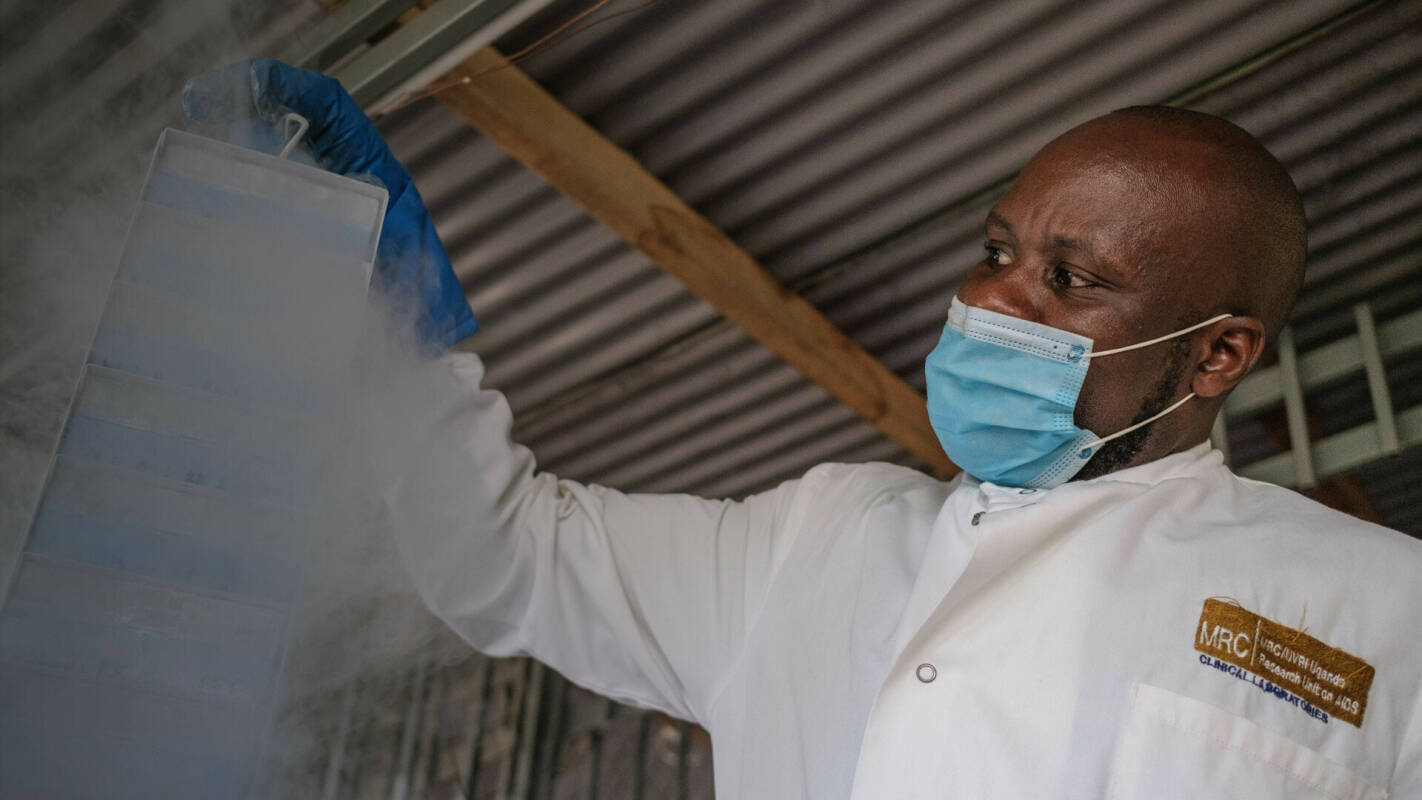
Advocating for PALOP involvement
During the first EDCTP programme (EDCTP1: 2004 – 2014), Dr Pascoal Mocumbi served as EDCTP High Representative. Before joining EDCTP, Dr Mocumbi was Prime Minister of Mozambique from 1994 to 2004. As the EDCTP High Representative, he has played an important role in raising the profile of EDCTP, particularly with African governments.
During his tenure as High Representative, Dr Mocumbi assisted EDCTP in building political support, particularly in Africa. He was engaged in many international meetings with high-level representatives from Africa and Europe, including a meeting with the President of the European Commission, José Manuel Barroso, and other stakeholders to discuss current and future challenges related to HIV/AIDS, tuberculosis and malaria. In 2011, he represented EDCTP at the Senior Officers of the EU-AU Meeting (SOM EU-AU) dialogue. Near the end of the first programme, he addressed the High-Level Meetings on the second EDCTP programme in Cape Town, South Africa (2012), and the Second High-Level Meeting on EDCTP2 in Dakar, Senegal (2013).
In recognition of Dr Mocumbi’s critical role in laying the foundation for EDCTP credibility with African governments, EDCTP’s highest prize is awarded biennially in his name. The Dr Pascoal Mocumbi Prize rewards an individual in recognition of his/her outstanding achievements in advancing health research and capacity development in Africa with significant impact on the wellbeing of the African population.
Dr Leonardo Santos Simão, a former Minister of Health and Minister of Foreign Affairs and Cooperation for Mozambique, is EDCTP’s High Representative for Africa. Together with Professor Marcel Tanner, EDCTP High Representative for Europe, he acts as goodwill ambassador for EDCTP in order to increase the visibility of the programme and promote partnerships with other EDCTP stakeholders.
By liaising with stakeholders in and outside of Africa, Dr Simão helps the EDCTP programme build long-term commitment and perspective. He is a strong advocate of health diplomacy in Africa: developing Africa’s capacity to get their message out: “It is not enough to just be at meetings and say something; we need to have a strategy on how to liaise with our partners so that they have a better understanding of our needs and priorities, and foster their willingness to work with us first, and then proceed to jointly act on these priorities.”
Dr Simão is liaising and working with other organisations, such as Africa Centres for Disease Control and Prevention (Africa CDC) and regional communities on the role of African governments increasing their participation in financing research through strengthening national ministries of science and technology and the creation of national science funds.
We asked Director of the Gulbenkian Partnerships for the Development programme Maria Hermínia Cabral about Calouste Gulbenkian Foundation’s strategy towards strengthening health research in PALOP and her vision on the role (inter)national funders can play.

Interview:
Maria Hermínia Cabral
Partnerships for PALOP involvement
EDCTP is committed to working with like-minded partners, to promote wider use of the opportunities established for collaborative research. This is operationalised through multi-centre clinical trials and training programmes to countries supporting each other through EDCTP’s Regional Networks of Excellence. In addition, EDCTP has forged partnerships with organisations that promote equity in research for health.
One of those partnerships is with the Gulbenkian Foundation, whose main purpose is to improve the quality of life through art, charity, science and education. The Foundation directs its activities from its headquarters in Lisbon and its delegations in Paris and London, with support provided by Portugal in PALOP among others. Through their Memorandum of Understanding, EDCTP and the Gulbenkian Foundation expressed their commitment to jointly support the development of capacities in sub-Saharan Africa for the conduct of clinical trials in humans and, more specifically, the ethical review and regulatory capacities in PALOP. The Foundation has co-funded Career Development Fellowships, Senior Fellowships and EDCTP-AREF Preparatory Fellowships. The Foundation recently released the report “Mapping of Health Sciences Research and Funding in Angola, Cape Verde, Guinea-Bissau, Mozambique and Sao Tome and Principe”.
EDCTP Forums in Lisbon and Maputo
The Tenth EDCTP Forum in Maputo, Mozambique took place during the COVID-19 pandemic and was therefore held as a hybrid meeting hosted from the Joaquim Chissano International Conference Centre from 17 – 21 October 2021. The theme was “Equity in research for health”. Around 50 delegates were present in Maputo and over 2000 delegates registered for attendance online. The Forum was co-organised by host partners: the Ministry of Health of Mozambique, through the National Institute of Health and the Manhiça Health Research Centre, and it was opened by His Excellency Mr Filipe Jacinto Nyusi, President of the Republic of Mozambique.
The Ninth EDCTP Forum in Lisbon, Portugal from 17-21 September 2018 was organised in partnership with the Portuguese Foundation for Science and Technology and the Calouste Gulbenkian Foundation. The theme of the 2018 Forum was “Clinical research and sustainable development in sub-Saharan Africa: the impact of North-South partnerships”. The Forum built on a growing awareness of the need for global cooperation to tackle global health challenges, such as preparedness for disease outbreaks, public health emergencies, strengthening health systems, and co-infections and comorbidities. Portugal, where a growing number of African students are studying, believes that all sectors of society should participate in the gathering of knowledge and share in its benefits. An increased role for the private sector and a continued focus on ethical issues were also seen as crucial in tackling global health challenges.
To further strengthen PALOP involvement in its programme, EDCTP has organised two of its Forums in Portuguese speaking countries: in Lisbon, Portugal (2018) and Maputo, Mozambique (2021).
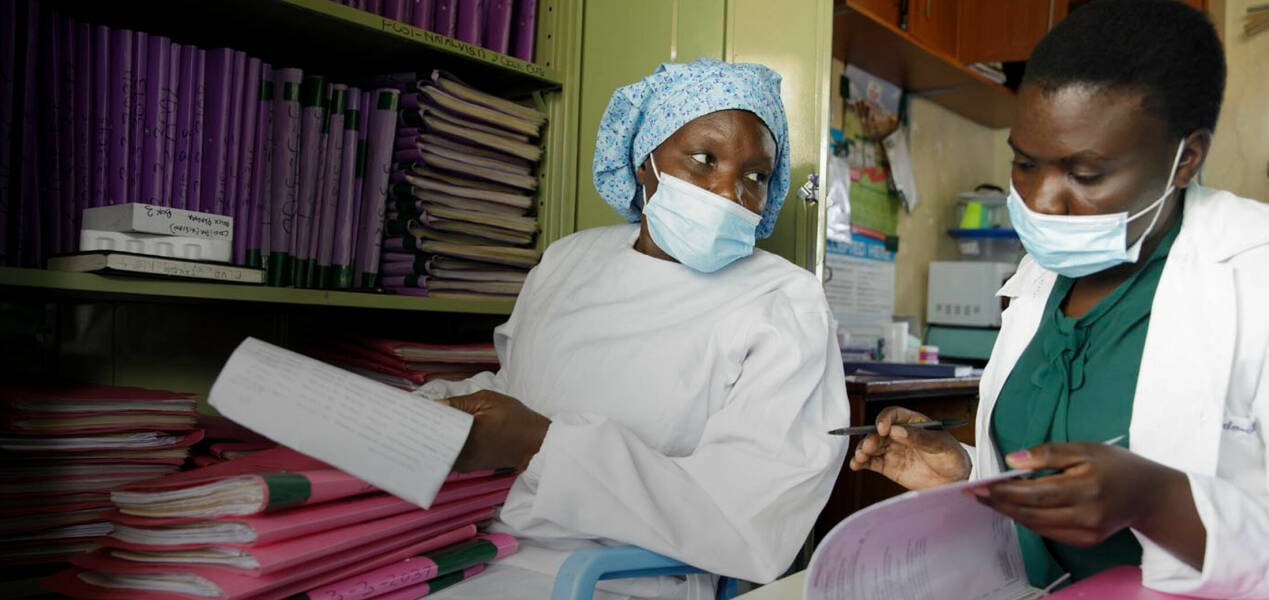
São Tomé and Príncipe
Guinea-Bissau
Cabo Verde
Angola
Mozambique
Case study
FETP-CV: field epidemiology training at the University of Cabo Verde
Another activity that is strengthening PALOP health systems is training. Each EDCTP-funded clinical trial funded through the Research and Innovation Action (RIA) funding scheme includes a training component, and training is provided through Coordination & Support Action (CSA) and Training & Mobility Action (TMA) grant schemes. An important recent development is the start of a large epidemiology training consortium in PALOP through EDCTP and Africa CDC’s joint flagship programme to train 151 epidemiologists and biostatisticians across Africa. The Master in Field Epidemiology Training for Portuguese-speaking West African Countries (FETP-CV) consortium has set up a Master’s training programme at the University of Cape Verde, and has enrolled 15 candidates from PALOP (box).
2014-October 2022
PALOP countries collaboration in EDCTP activities
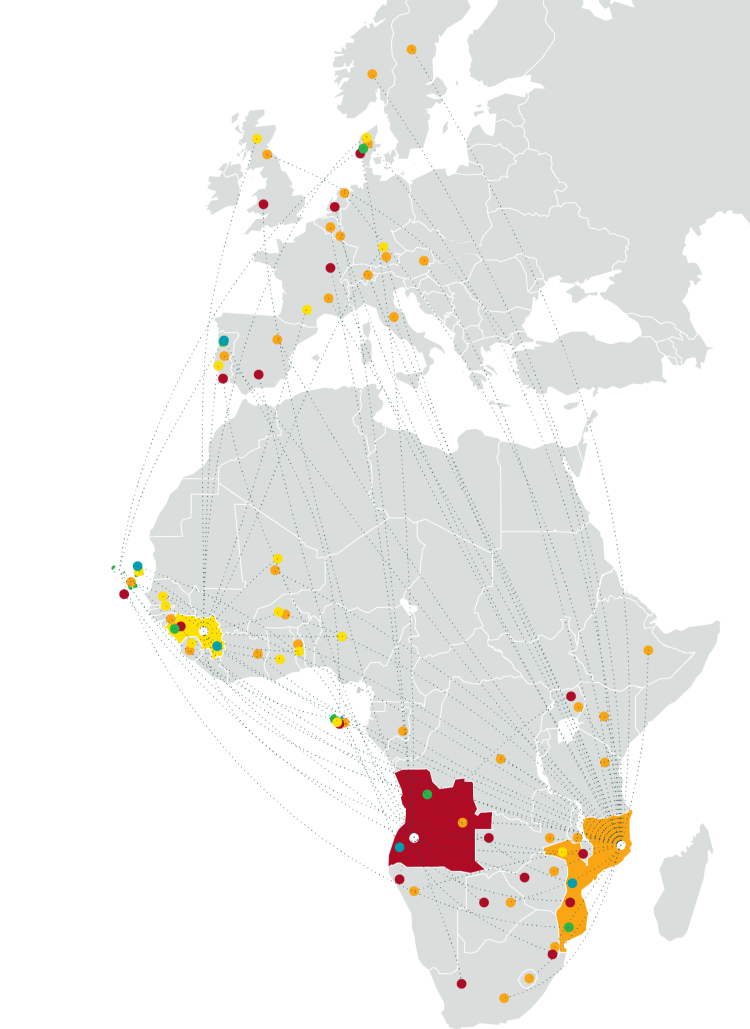
Importantly, PALOP are represented in projects that aim at health system strengthening, such as BERC-Luso, building ethical review and clinical research regulatory capacity in five Portuguese-speaking countries (Angola, Cabo Verde, Guinea Bissau, Mozambique and São Tomé and Príncipe), and the LusoAfro-BioEthics project that is supporting the collaborative development of national ethics review capabilities in three Portuguese-speaking countries (Angola, Cabo Verde and Mozambique).
Case study
BERC-Luso: Biomedical Ethics and Regulatory Capacity Building Partnership for Portuguese-Speaking African Countries
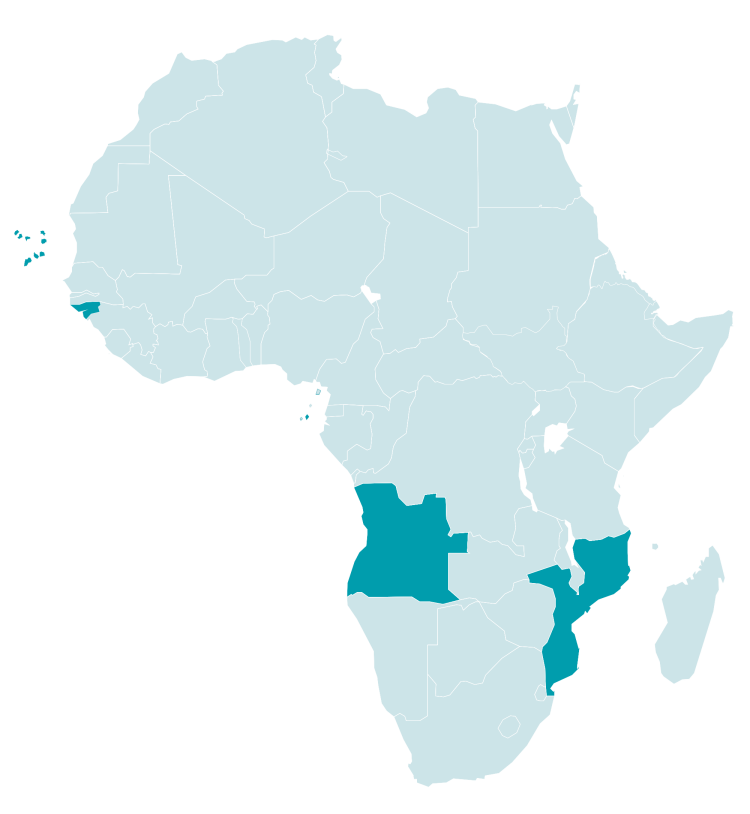
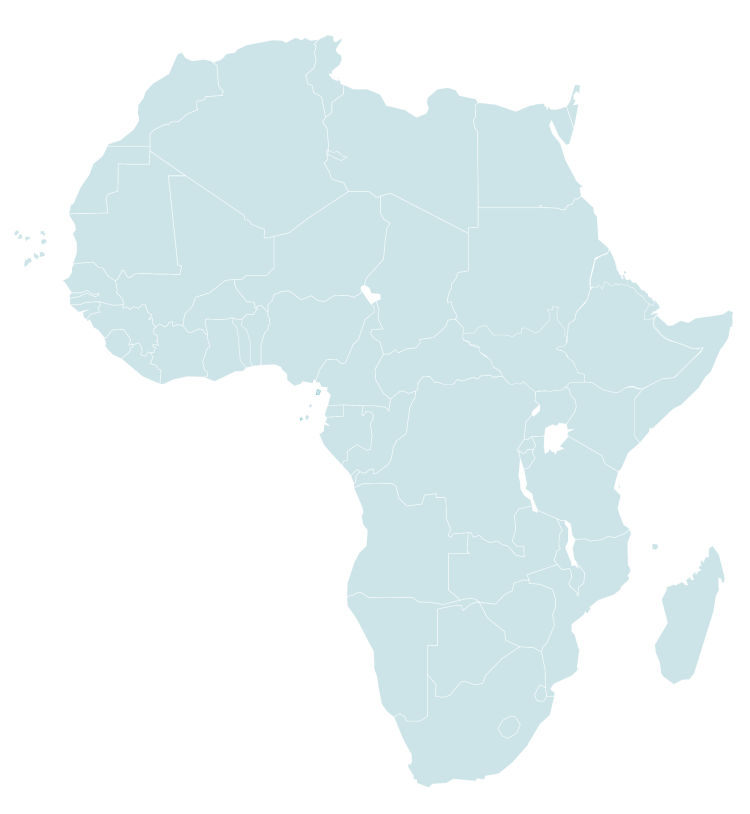
We asked Professor Paulo Ferrinho, Director of the Global Public Health Department at the Institute of Hygiene and Tropical Medicine (Universidade NOVA, Lisbon, Portugal) and EDCTP SAC member, how the SAC has worked to increase PALOP participation in EDCTP activities and their current and expected impact.
EDCTP has made major contributions to the health research base in sub-Saharan Africa. However, an analysis of funding from the EDCTP 1 and the early part of EDCTP2 programmes showed wide variation between countries in the numbers of applications and success rates. Consequently, EDCTP has taken several steps to understand and address gender, regional and language disparities.
*Portuguese-speaking African countries (Portuguese: Países Africanos de Língua Oficial Portuguesa; PALOP)
Angola, Cabo Verde, Equatorial Guinea, Guinea Bissau, Mozambique and São Tomé and Príncipe.
Developing scientific excellence is among the centre pieces in EDCTP’s work jigsaw. Competitive calls for proposals and peer review are well-established tools for assuring scientific excellence, and core to EDCTP’s processes. However, countries with less well-developed health research systems struggle to compete with countries with institutions with a long history of health research and well-established centres of excellence. This negative effect may be amplified by language barriers. In this article, we look at how EDCTP has worked to ensure that all individuals, institutions and countries have the opportunity to aspire for their full scientific and career potential, focusing specifically on Portuguese-speaking African countries (or PALOP*)
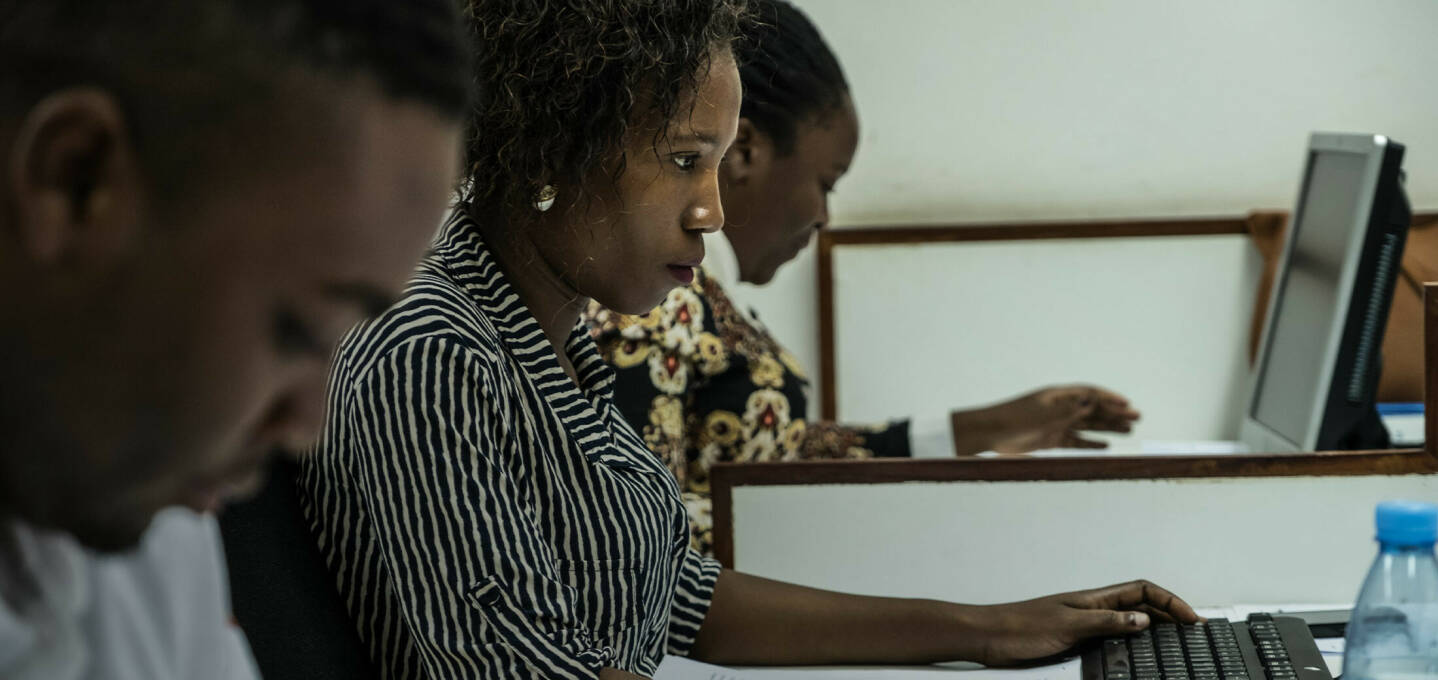

PALOP involvement in EDCTP funding
In recent years, both the amount of participation and the number of coordinators from PALOP has grown. In total, 41 EDCTP grants have PALOP involvement, and 13 of those grants are led by participants from PALOP. Whereas Mozambique has had the strongest representation throughout the EDCTP 1 and 2 programmes, other PALOP involvement is gradually growing. The countries also increasingly benefit from joint projects, where countries with stronger capacities help build those capacities elsewhere.
In 2020, EDCTP published the report of a workshop, jointly organised with the Africa Centres for Disease Control and Prevention (Africa CDC), which explored the major causes of gender-related and geographical disparities in EDCTP funding. This diverse consultative meeting delivered several recommendations on ways to improve gender and geographical balance. Tangible steps in the implementation of these recommendations have already been taken and more are in the works. Examples of these include practical support for French-speaking and Portuguese-speaking researchers through several grant-writing workshops, and the launch of a joint EDCTP and UK Department of Health and Social Care (DHSC) call for proposals on Addressing gender and diversity gaps in clinical research capacity at the EDCTP Regional Networks of Excellence. Already 36 female PhD students linked to the four EDCTP Regional Networks of Excellence are currently supported, including Portuguese-speaking students.
The EDCTP Scientific Advisory Committee (SAC) agenda includes discussions about countries in conflict, countries with inadequate regulation of research, language barriers, and the advantage that countries successful in the past now have.

